Thank you for joining us at Miss-Collect’s Business Model Canvas Workshop!
Miss-Collect team would like to thank all participants for sharing their knowledge and donating their time during the Business Model Canvas workshop!
Rosanne Vianen, Daniel Besselink, Sietse Stad, Andre van Rheenen, Marc Buiting, Marjan de Jong, Smita Pai, Lars Velthausz, Sonia Sharma, Desh Ramnath, Emmie van Halder, Rob de Vos, David Brand, Krien Janssen, Remy Verbeek, Eric Dumez, Thijs Cox, Victor Burger, Lubna Anantakrishnan, Maitreyi Shankar, Harshad Barde, Chong Sa Hu, Aditya Vyas, Judith Jainullah, Hanna van Hooft, Maurits Ravenswaay Claasen , Wicher J. Slagter, Joris de Caluwé, Carlo Bakker
Miss-Collect acknowledges the importance of co-creation with experts from all different fields. From this vision, the idea arose to hold an ideation workshop on creating innovative business cases for child labour free paper products. In this manner, the wastepaper value chain can become transparent and fair for all involved. Through elimination and feasibility testing, the consortium selected three industries of interest: automotive, agriculture and packaging.
Behind the scenes, introductory speakers prepared their pitches on the wastepaper industry, the importance of sustainability and the eradication of child labour. The purpose was to provide a holistic overview of Miss-Collect’s most important features: female empowerment, combatting child labour, and creating sustainable wastepaper products. See workshop BMC
The workshop continued in three sub-groups of the respective categories, who first decided on the most suitable and feasible recycled wastepaper product. Based on the Business Model Canvas, the business cases were further developed. No time to read? Check out the pitches of the groups
The subgroup of the agriculture industry had a large variety of ideas on sustainable wastepaper products. Ultimately, it was decided that a product should be developed that incorporated large volumes of wastepaper. Since the amount of wastepaper available is 4000 kgs a day, cards or pencils would not be sufficient.
The final product: a fruit tray for shipping, whereby the focus lied on mangoes. India is a large exporter in mangoes to the EU, which at the same time is a fruit which is damaged easily. Currently, 5% of food becomes bruised in the process of importing and exporting, leading to large volumes of food waste. A Miss-Collect fruit tray is a sustainable manner in which fruit (mangoes) are protected from bruising.
The value proposition is that the fruit tray can be sold in large volumes. When it can be made from road scrap, this would lead to a large value for female waste-pickers. It is also sustainable in the manner that it reduces food waste.
The fruit tray has various customers, all fall within the category of Business2Business selling. Locally, the fruit trays can be used by producers of mangos to package their fruits in trays which are sold to supermarkets. Simultaneously, the fruit trays are functional for international import and export of mangoes from India to Europe. Customers would include supermarkets.
Key activities that should be employed is to contact potential customers of interest, including supermarkets in India and the EU. Further partnerships can be established with the mango growers’ association in India. The key resources are wastepaper, whereby a focus lies on road scrap. Since this has little to no value, transforming the wastepaper to molded fiber fruit trays would create large value.
Packaging With a Purpose
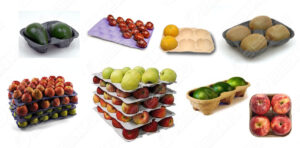
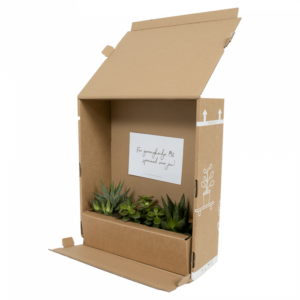
The subgroup in the automotive industry generated various ideas for innovative wastepaper products. Finally, it was decided that the largest potential for a successful product was a wastepaper box/case for storing glasses or sunglasses.
The group presented a strong value proposition, whereby the added value lies with the fact that the product is child labour free, supports informal workers, creates employment for women. This pitch can be used for the customers that the group identified, which predominantly consists of Business2Business customers.
Companies in the glass industry could employ the wastepaper box for sunglasses to improve their storytelling to customers. By cooperating with Miss-Collect, they demonstrate that the company has a sustainable mindset, whereby attention is paid to a transparent value chain without child labour. By acknowledging the importance of sustainable and child labour free products in their business case, customers of the brand are aware that their purchase contributes to a better and fairer society. Simultaneously, the company can promote that it is aware of their social responsibility.
Moreover, the female waste-pickers can sell additional wastepaper boxes through their door-to-door waste collection. Their target group would then be socially responsible citizens that also want to contribute to sustainability.
Key resources include wastepaper, whereby cardboard is predominantly of significance in the creation of boxes for (sun)glasses. In order to develop this business case, the key activities are to reach out to potential stakeholders, such as existing glass producers, retailers, big brands and large manufacturers. In addition, a prototype would be of large use in pitching the innovative business case to potential partners.
One additional note is that Swach is currently conducting a project on eyeglasses, whereby recycled plastic is used for the frame of the glasses. After manufacturing is done, the glasses will be sent to London for the sales. The glasses still require recycled and sustainable packaging, to which this business case has a large connection.
Packaging With a Purpose
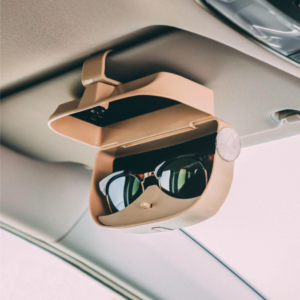
The packaging industry is quite broad, resulting in a list of strong and innovative ideas for a sustainable wastepaper product in this industry. The developing of a product came through the idea that packaging is of high significance for the image of the product and brand in the cosmetics industry. Hereby, it is necessary that the packaging is of high quality, original and reliable for protecting the product as it is transported. Miss-Collect can deliver this packaging, whilst promoting sustainability as well. The subgroup, therefore, decided to focus their business case on consumer packaging for sustainable companies in the cosmetics industry. The business case focuses on Business2Business.
In the business case of the packaging industry, the story of Miss-Collect is a large part of the product and the marketing of it. Miss-Collect demonstrates the story of a fair and transparent value chain, whereby female waste-pickers are sourcing directly and there is no child labour. This can become a strong asset for beauty companies to use for their consumers, namely that they are a socially responsible brand caring for the wellbeing of the society.
Consumers are becoming more aware and concerned that there must be a fair division of the revenues. Even if it from a revenue point of view would be more expensive for companies to incorporate in their business case, this does not have to be a showstopper. The fraction of packaging – such as a carton packaging for soap – is extremely small whilst the value of the story and sales price in cosmetics are enormous. The high sales price, where consumers are willing to pay more for products, is beneficial for Miss-Collect. Due to large revenues, the female waste-pickers receive sufficient wages.
An additional note by the subgroup is that Miss-Collect can employ the method of upcycling. As the production starts, we can continue to scale it bigger and bigger, as awareness of its importance grows.
Packaging With a Purpose
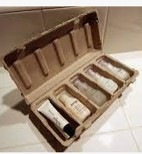
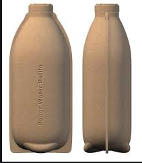
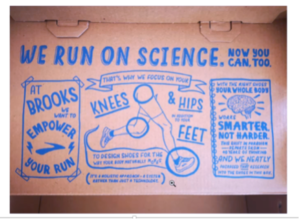
Miss-Collect team
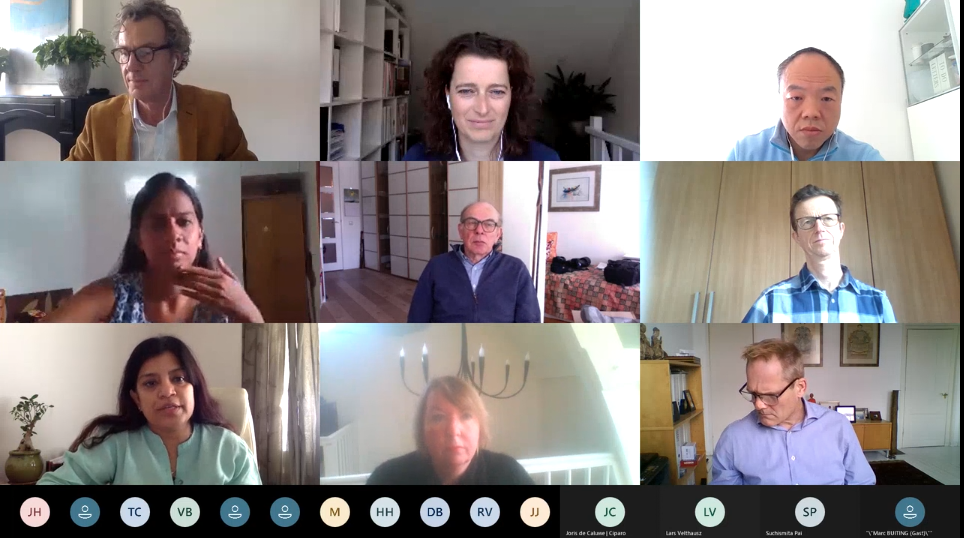
Recent Comments